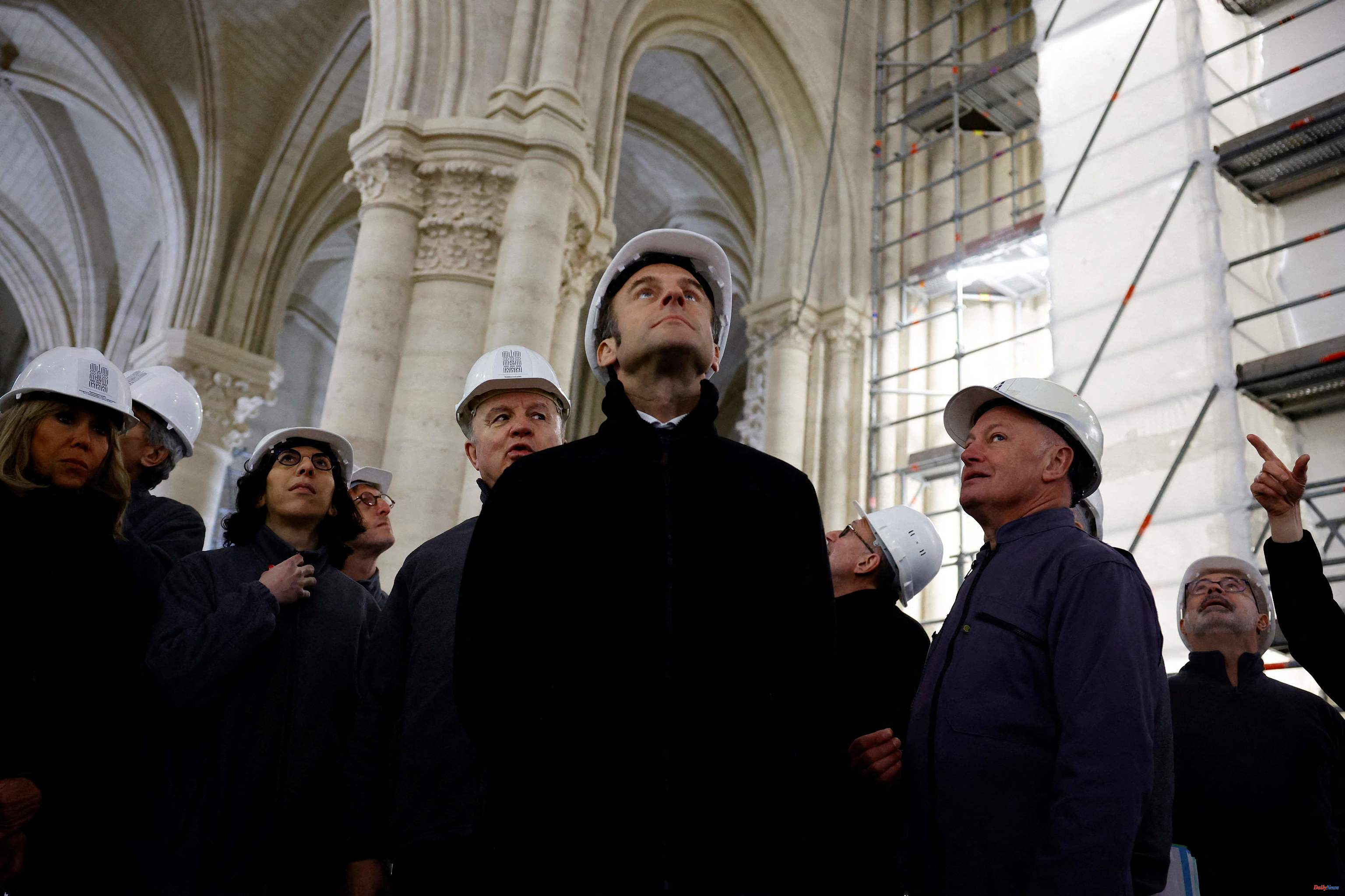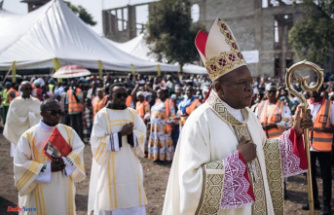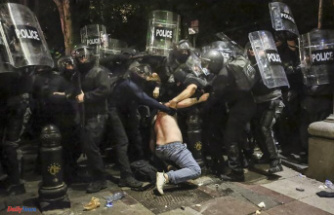The French Constitutional Council has validated the essentials of the unpopular pension reform of French President Emmanuel Macron, which seeks to delay the retirement age from 62 to 64 and which is opposed by 70% of citizens. This group of wise men, who today had the last word on the law, has chosen to censor various secondary articles, but not the most important and unpopular one, the one that delays the retirement age.
This means that Macron has a free hand to enact the law, albeit without these articles, so that it enters into force, as scheduled, on September 1. The Council, the equivalent of the TC in Spain, has also decided not to accept the proposal of the left to hold a referendum to set the retirement age at 62 years. Two were presented: He has rejected the first and on the second (presented yesterday) he will decide on May 3.
The decision, which is in line with the council, since it has never blocked the country's major reforms, is a triumph for Macron, since the heart of his key reform is validated despite having the country against it, and it is a blow for the opposition and the street, since their only hope to overthrow the law, the aforementioned referendum, does not go ahead.
The Council has validated the essentials of the reform, although it has censured six secondary provisions of the law, arguing that they do not fit within a financial law, which is how it has been processed and in which the opposition saw it as unconstitutional. For example, the one that forces companies with more than 1,000 employees to create a senior index, to declare employees over 55 years of age. Also the creation of an indefinite contract for the long-term unemployed over 60. These articles should be eliminated from the text, which will enter into force in September.
The constitutional council is made up of nine wise men, as they are called, who are personalities with a well-known political career, including former ministers such as Laurent Fabius or Alain Juppé. They are elected every nine years.
The decision is likely to increase anger on the street. The headquarters of the Council has been armored since yesterday and demonstrations in the surroundings are prohibited until tomorrow, Saturday. There are some 200 spontaneous, unauthorized protests planned across the country.
The far-right leader Marine Le Pen has said that "the political fate of the reform has not yet been cast" and the far-left leader Jean-Luc Mélenchon has criticized that the Council "is more at the service of the presidential monarchy than that of the sovereign people ". Unions have called on Macron not to enact the law. "Today there are no winners or losers," Prime Minister Elisabeth Borne said on Twitter. In a statement she added that with this decision "the pension system will be balanced by 2030".
Although the Council still has to decide in May whether to accept the second referendum proposal (even if it did, it would not paralyze the promulgation of the law), in principle today's decision puts an end to the tortuous process of a controversial reform, whose parliamentary processing It has been agitated and that Macron ended up approving by decree due to the doubt of having the support in the Hemicycle. It is a law that has unleashed an unprecedented social crisis and that has been on the verge of bringing down the Government, which narrowly escaped a motion of no confidence in Parliament.
Since it was approved, the street has not stopped: There have been three months of protests, with twelve days of general strike called by unions united for the first time in a decade. It is the law that has brought Macron's popularity to its lowest known peak. The rest of his term (he has four years left) depended a lot on today's decision, since it is his most important reform and it would have been a hard blow if it were completely censored.
Macron, however, is greatly weakened, as citizens consider that the way in which he has imposed the law (especially by approving it by decree, without a parliamentary vote) is a blow to democracy. This morning he had invited the unions to meet this Tuesday at the Élysée "whatever the decision of the council may be," the Presidency said before the verdict. The unions have said that they will not do it before May 1, the day of the worker in which they plan another mobilization. "This will necessarily be the beginning of a cycle (...) The door of the Élysée will remain open for this dialogue."
According to the criteria of The Trust Project












